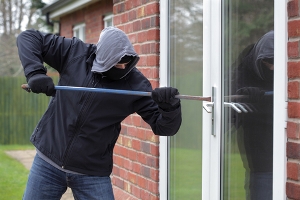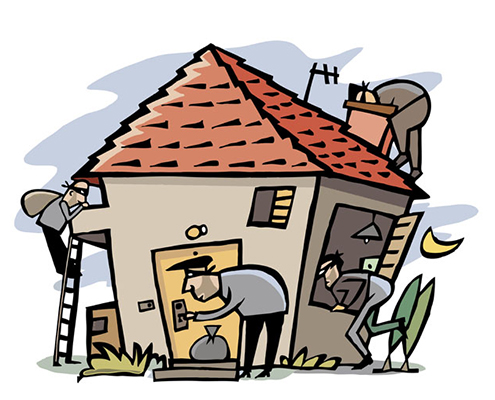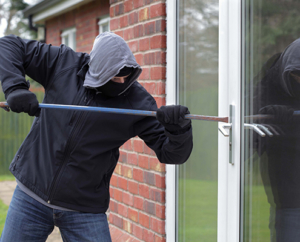Quick and Dirty Disaster Prep Guide
How prepared are you for a disaster? Most of us are not prepared, at all, yet two-thirds of us live in an area where we are at a moderate to very high risk of experiencing a natural disaster. Here are a few things you should do, today, to start preparing for a “just in case” situation:
 Be Aware
Be Aware
Think about your home and where you live. What disasters are likely to occur? Fire, of course, could happen to any of us, and statistics show that there is a 25% chance that you will experience a major fire in your lifetime. Fires are not the only thing to consider, though. Flooding, winter storms, earthquakes, tornados, and volcanoes are all things that can affect us in the US.
Examine Your Home
In the event of a disaster, do you know where the gas, water, and electric shut-offs are? Are your CO2 and smoke detectors working correctly? Do they have fresh batteries? Do you have fire extinguishers available? Where can you get water? Do you have flashlights and batteries? A first aid kit? A battery-operated radio to get information? All of these things are essential in a disaster situation.
Prepare and Practice
Talk to your family about emergency preparedness. Consider practicing what to do, too, such as in the case of a fire. You might even want to talk to your neighbors about it. Do you have an elderly neighbor or someone who might have extra difficulties during a disaster? Talk to them, too, and help them make a plan.
Other Quick and Dirty Tips for Disaster
Here are some other quick tips for disaster preparedness:
- Choose a trusted distant contact. It is often easier to make a long-distance call than a local one in a disaster.
- Consider buying a landline phone if you don’t have one. This gives you two options for calls.
- Get a waterproof container for documents. Consider laminating these documents or storing them in heavy duty sandwich bags.
Create an Emergency Supply Kit
Finally, create an emergency supply kit including the following:
- Water – About a gallon per person, per day, and rotate it every six months
- Food – Enough for each person for three days. Try to find food that doesn’t need to be
- First Aid Kit – Basic first aid supplies, and any necessary prescription drugs.
- Batteries – Have extra batteries available. Generic brands are usually okay, but alkaline batteries tend to be better than non-alkaline.
- Knife – Having a multi-tool knife, like a Swiss Army Knife, can be indispensable.
ROBERT SICILIANO CSP, is a #1 Best Selling Amazon author, CEO of CreditParent.com, the architect of the CSI Protection certification; a Cyber Social and Identity Protection security awareness training program.































